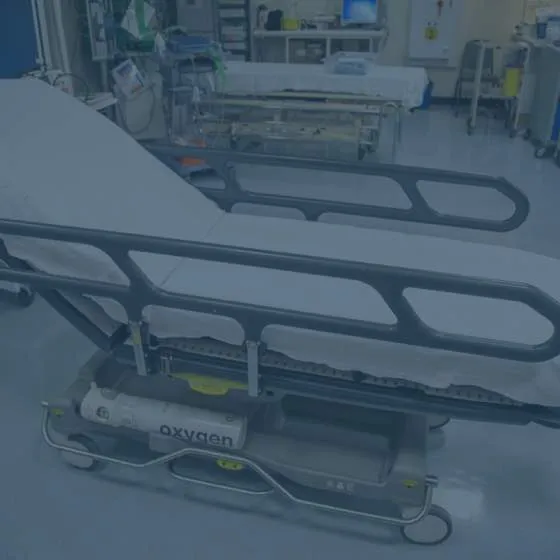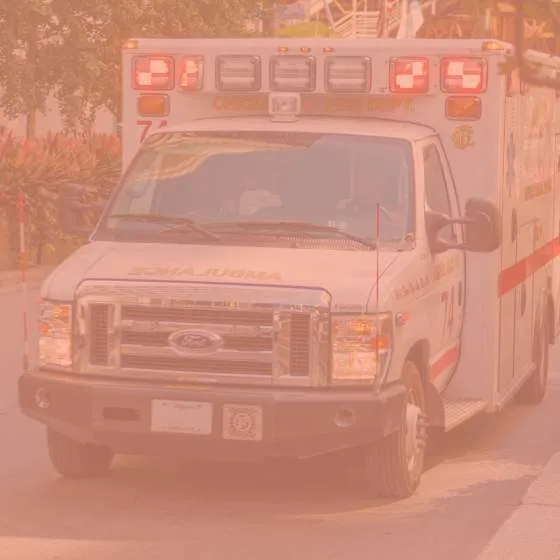Since 2021, the National Network of Public Health Institutes, in collaboration with the Centers for Disease Control and Prevention, has taken a multifaceted approach to supporting the medicolegal death investigation community, ranging from funding and infrastructure support to training and collaboration with key stakeholders. Medicolegal death investigations focus on determining the cause of unexplained and unnatural fatalities.

Funding for infrastructure support
In 2023, NNPHI awarded 53 small grants totaling $815,000 to MDI offices. This funding helped purchase essential supplies for improved data sharing of overdose mortality data with vital records offices and public health agencies. Additionally, NNPHI awarded $2.1 million in grants to child death review teams in 12 jurisdictions. This led to better record sharing and the adoption of standardized data collection forms in infant and child death training curriculum.
Transition to electronic case management systems
The small grants emphasized the adoption of electronic case management systems (CMS) in medicolegal death investigation offices. The use of CMS facilitates better data management and sharing, enhancing the efficiency and accuracy of mortality data
Improve surveillance of drug overdose mortality
Supported efforts to improve crucial data collection through CDC’s State Unintentional Drug Overdose Reporting System to better understand the circumstances surrounding overdose deaths.
Increase interoperability with public health systems
Many CMS implemented through NNPHI’s support have interoperability with public health Electronic Death Registration Systems, streamlining data collection efforts and improving the timeliness and accuracy of mortality data.

Training and capacity building
Since 2021, in collaboration with IACME, CFSRE, and NAME, NNPHI and CDC have supported 48 trainings related to enhanced overdose investigations. NNPHI has also supported more than 500 medicolegal death investigation professionals to attend state and national trainings. This has improved their ability to respond to the drug overdose epidemic and has integrated the medicolegal death investigation community into broader public health.
Funding for this work was made possible by a cooperative agreement between the National Network of Public Health Institutes and the Centers for Disease Control and Prevention of the U.S. Department of Health and Human Services as part of a financial assistance award (NOFO OT18-1802, titled Strengthening Public Health Systems and Services through National Partnerships to Improve and Protect the Nation’s Health).